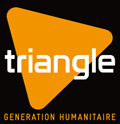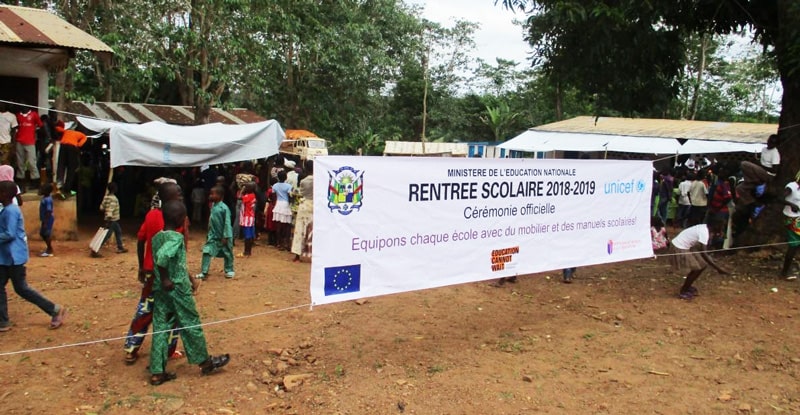AREA OF EXPERTISE

Water, hygiene and sanitation

AREA OF EXPERTISE

Water, hygiene and sanitation
FUNDING
In March 2018, security conditions in the Ouaka Prefecture deteriorated. Violent incidents in Tagbara, Séko and Alindao led to population movements towards and around the Bambari sites. Since Marc h2018, the Commission on Population Movement (CMP) has identified 37,000 new displaced people in the Ouaka, making the prefecture the country's first place of reception.
The Humanitarian Response Plan for the period 2017-2019 classifies the Ouaka as a priority area for emergency humanitarian aid (zone 1). This situation has a serious impact on the living conditions of displaced and host populations, who rely on humanitarian aid to meet their basic needs.
The education system in the Ouaka Prefecture was already suffering structural weaknesses before the 2013 military-political crisis: with a small percentage of qualified teachers (only 25% of teaching staff in the prefecture), many of whom having fled the Bambari Region following repeated violence and non-payment of their salaries. The Central-East Academy has 172 permanent teachers for 580 parent-teachers (TGH evaluation, September/November 2017).

Back to School Celebration, November 2018, Bambari
Population movements put great pressure on the formal education system, which is unable to absorb the large influx of new arrivals. 8,216 displaced children have been excluded from any form of education, formal or informal (65% of the displaced child population). Overcrowded classrooms (up to 120 students per class) affect the quality of learning, and the material damage suffered by schools does not provide the healthy and safe learning environment needed for quality teaching.
The material and human capacities of existing schools must be strengthened in order to promote a safe, quality and protective learning environment for children in host and displaced communities.
TGH is involved in both human resources aspects and the improvement of school infrastructure. This programme includes the restoration of the “Ecole Communautaire de la Paix”, the training of 12 teachers in psychosocial support in particular, and the provision of educational kits. 1,897 students will receive school kits.
TGH also organises awareness campaigns to promote access to school for girls.
In order to ensure the success and sustainability of its interventions, TGH works closely with the relevant national and local authorities in the field of education. Prefects, sub-prefects, mayors, Heads of district / block and the Inspection of the Bambari Academy are systematically consulted and informed during the elaboration and implementation of activities.